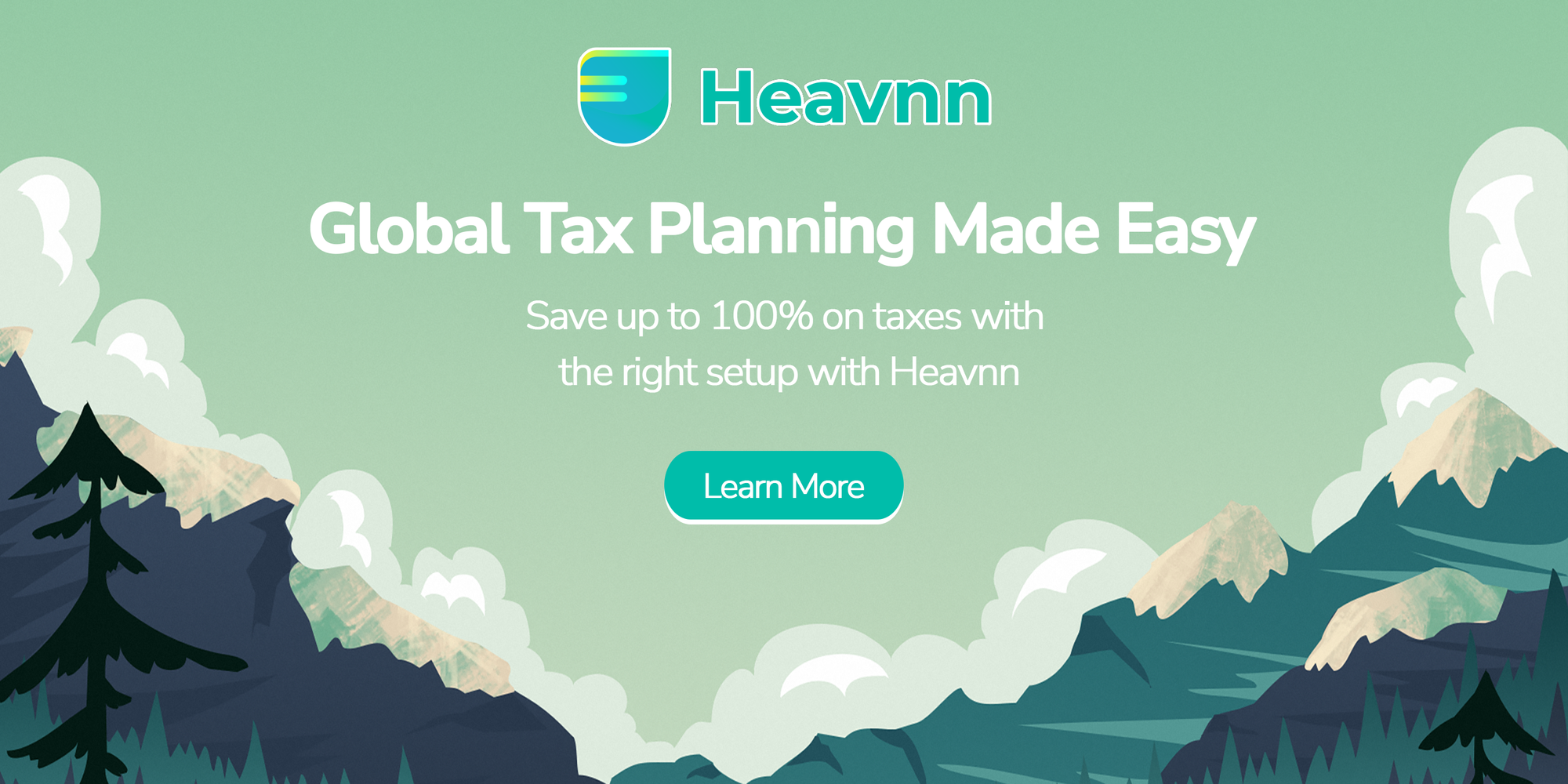As 2025 begins, tax season is upon us. For digital nomads and global workers, managing taxes across borders can be a unique challenge. From navigating residency rules to understanding new tax regulations in your host country, staying organized is key to a smooth filing experience. Here are some essential tips to help you prepare for the 2025 tax season and avoid unnecessary stress.
Understand Your Tax Residency
Tax residency rules vary by country, and they directly impact where and how you’re taxed. Some countries, like Thailand, apply the 183-day rule, meaning if you spend more than half the year there, you might be considered a resident for tax purposes. Others, like the U.S., tax citizens on their global income regardless of residency. Knowing your tax residency status is the first step in ensuring compliance.
Keep a detailed travel log to track your days in each country. This can be crucial if you’re questioned about your residency status.
Stay Updated on Tax Changes in Your Host Country
Tax laws evolve, and countries are tightening rules for digital nomads. For example:
- France is expanding its Digital Services Tax, which may impact freelancers working with French clients.
- Thailand’s new tax rules now apply to foreign income remitted in the same year it’s earned.
- The EU is pushing for stricter tax reporting for digital platforms.
These changes can affect how you report income or the deductions you’re eligible for. Staying informed ensures you’re not caught off guard.

Organize Your Documents Early
Gather all necessary documents well before the deadline. For global workers, this may include:
- Income statements from clients or employers in different countries.
- Proof of tax payments made abroad, which may qualify for foreign tax credits.
- Records of expenses for deductions, like coworking space fees, travel, or business tools.
Digital nomads often have income sources across multiple countries, so keeping organized records is critical.
Leverage Double Taxation Treaties
Double taxation treaties exist to prevent you from being taxed on the same income by two countries. Research whether your home country and host country have such an agreement. This could save you a significant amount of money by allowing you to claim tax credits or exemptions.
Don’t Forget About Deadlines
Tax filing deadlines vary by country. For example:
- U.S. citizens must file by April 15, but expats may qualify for an extension.
- Many EU countries require filings by mid-year.
- Australia’s tax year runs differently, with a deadline in October.
Missing a deadline can result in penalties, so mark your calendar early.

The Bottom Line: Plan Ahead and Stay Informed
Tax season can feel overwhelming, but with the right preparation, it doesn’t have to be. By understanding your residency status, staying updated on tax laws, and organizing your documents, you can ensure a smooth filing experience. Whether you’re a digital nomad hopping between countries or a remote worker based abroad, proactive planning is your best strategy.
2025 brings new challenges and opportunities in the world of global taxation. Stay informed, stay organized, and make this tax season your smoothest yet.
Check out our other articles in our Global News section for more updates and guides on the latest digital nomad trends.
Benefit from Heavnn's fusion of expert knowledge and innovative technology by clicking the button below.



